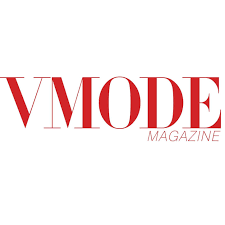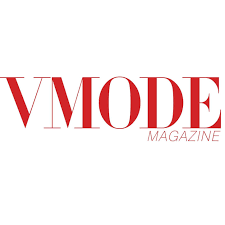A detailed analysis of the global time tracking software market reveals a fascinating and somewhat contradictory trend. While the base of the market remains incredibly fragmented, the top end of the market is seeing a clear and ongoing trend towards Time Tracking Software Market Share Consolidation, with a significant and active wave of merger and acquisition (M&A) activity. The Time Tracking Software market size is projected to grow USD 11.48 billion by 2032, exhibiting a CAGR of 16.5% during the forecast period 2024-2032. This consolidation trend is driven by a powerful strategic logic: the major enterprise software platform vendors are all in a race to build the most comprehensive and integrated "work management" or "future of work" suite, and a robust and user-friendly time tracking capability is a critical and must-have component of that suite. The primary driver of this consolidation is the strategic desire of the large project management, PSA, and HR software vendors to either acquire a best-of-breed time tracking solution to fill a gap in their portfolio or to acquire a competitor to increase their market share and to gain access to a new customer base.
The consolidation trend has played out in a number of high-profile acquisitions in recent years. A large project management or work management platform will often acquire a popular, standalone time tracking application to be able to offer a native and seamlessly integrated time tracking experience to its users, rather than relying on a third-party integration. This allows them to offer a more complete, "all-in-one" solution, which is a powerful competitive advantage. Similarly, a large accounting or payroll software provider will acquire a time tracking company to be able to offer a complete "time-to-payroll" workflow, which is a highly compelling value proposition for small businesses. The acquisition of specialized expertise and talent is another key driver. The best-of-breed time tracking companies have often spent years perfecting their user experience and building a deep understanding of the time tracking workflow, and acquiring one of these companies can be the fastest way for a large platform to inject that expertise and user-centric DNA into its own product.
While the primary trend is one of the large platform players acquiring the smaller, best-of-breed point solutions, the market is also seeing a high level of investment from private equity (PE) firms, which is also contributing to the consolidation. The time tracking software market, with its attractive characteristics of a large and growing addressable market, a high degree of fragmentation, and a stable, recurring-revenue SaaS business model, is a very hot sector for PE investment. Private equity firms have been actively acquiring and combining a number of mid-sized time tracking and related workforce management software companies to create larger, more valuable, and more competitive new entities. This PE-driven consolidation is another major feature of the market, and it is helping to bring a greater degree of professionalization and scale to the mid-market segment. The long-term trend is clearly towards a market where standalone time tracking becomes less common, and the functionality becomes a deeply integrated and essential feature of a broader work or financial management platform.
Top Trending Reports -
Production Information Management Market Size, Trends - 2035
Enterprise Asset Management Market Size, Growth Report 2035
Security Orchestration Automation and Response Market Size - 2035


